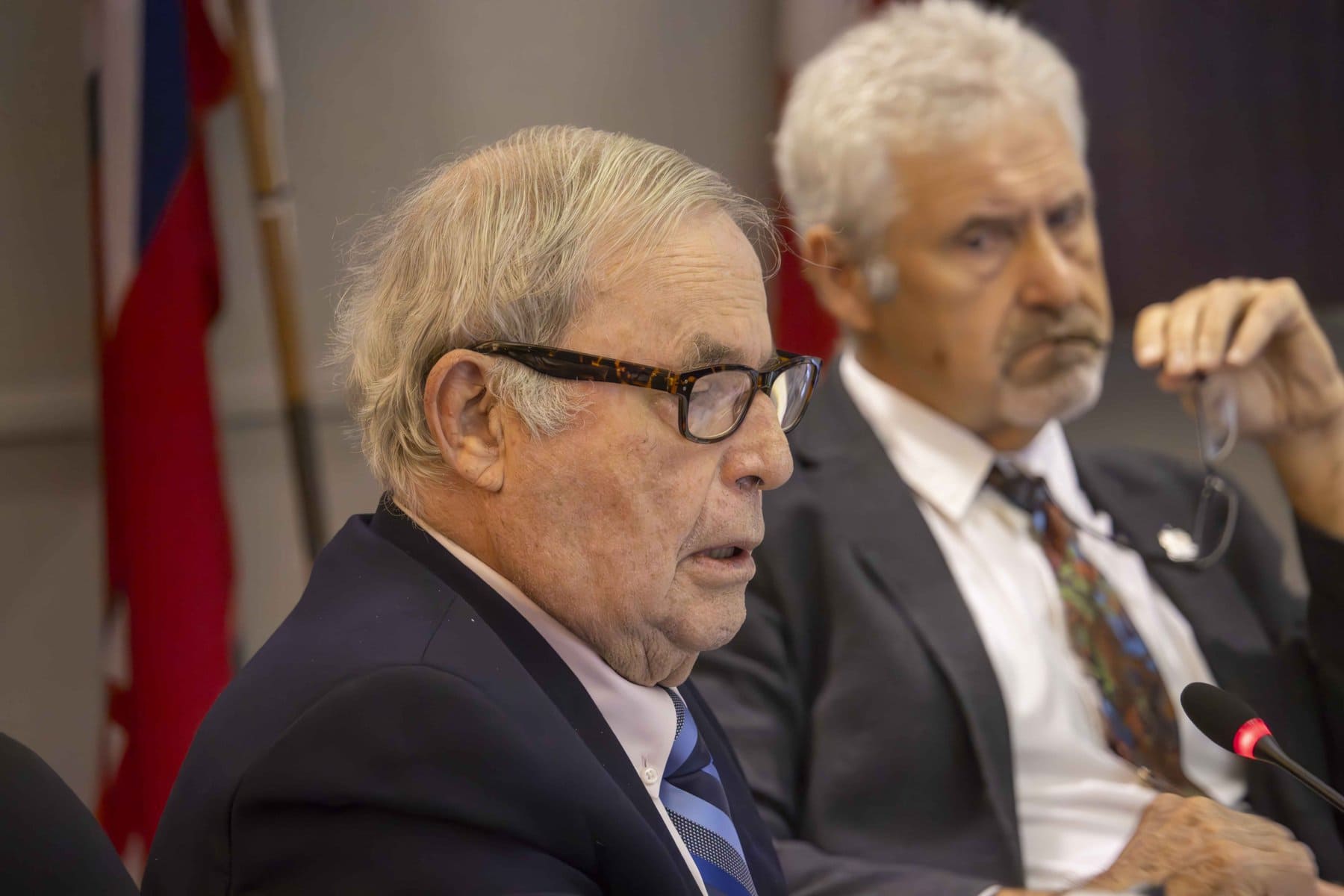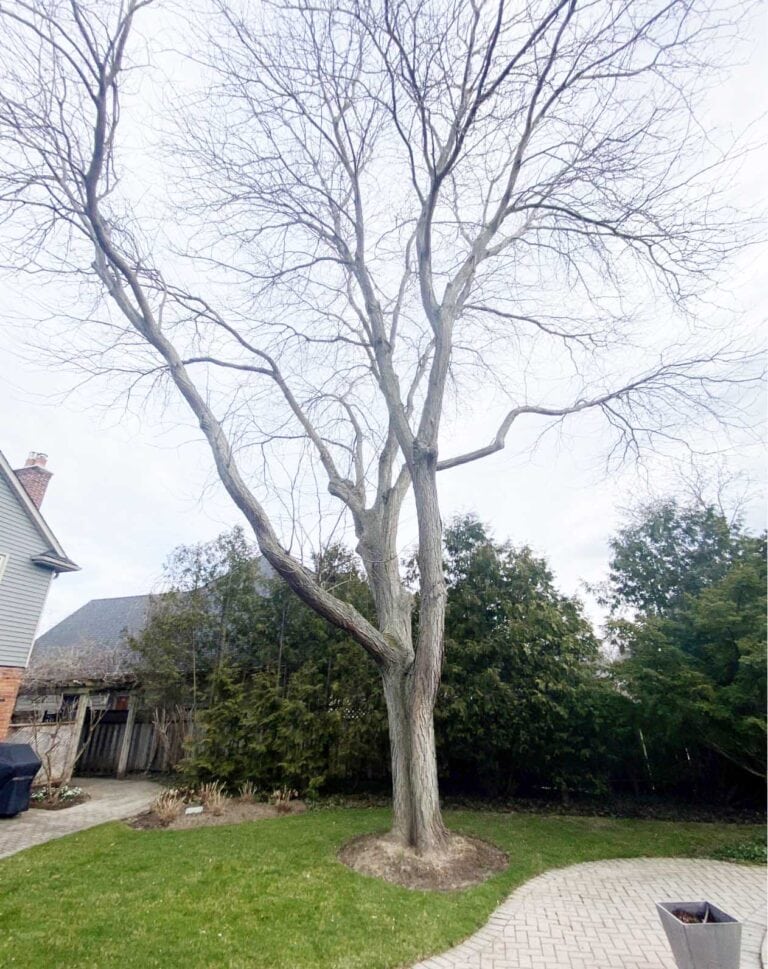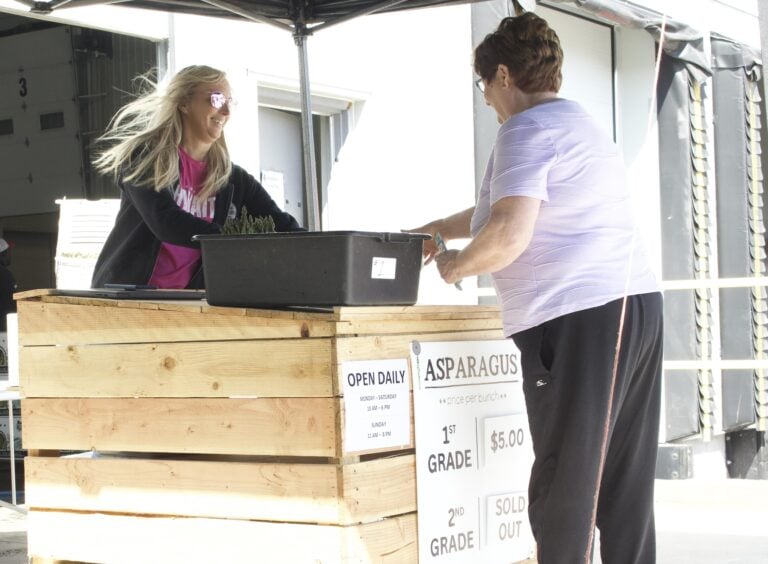Niagara-on-the-Lake is doing a minor course correction before it extends the municipal room tax to short-term rentals starting in January.
Staff received a letter from Stay Niagara-on-the-Lake, a bed and breakfast group that advocates for the interests of short-term rental owners, which outlined a few concerns the association has with the town’s plan to extend the room tax to short-term rentals.
The group’s president, John Foreman, who signed the letter, said short-term rental operators do not all use the same booking system.
“Some of these systems allow for the easy implementation of the (room tax), but others do not,” the letter said.
“Note that the technology issues are complicated by the requirement to charge HST (harmonized sales tax) on top of (room tax),” he added.
He suggested operators could collect a fee equivalent to the town’s room tax before adding the sales tax to their guests’ bills.
He also suggested the town exempt any short-term rental booking from the tax if it is booked before the bylaw changes in January.
In a staff report, chief administrator Marnie Cluckie suggested staff implement some changes to the town’s bylaw to address Foreman’s concerns.
The changes give exemptions to short-term rental users who have booked before January 2024.
They also allow operators to apply the room tax as part of the room rate in order to get around the technological shortcomings of their management systems.
Town treasurer Kyle Freeborn said operators will have to make it clear they are collecting a room tax for the town, regardless of how it appears on the receipt.
After some discussion, council voted in support of the proposed amendments.
Coun. Maria Mavridis suggested council defer the bylaw amendments until the short-term rental committee could start meeting in November.
She backtracked after learning it would set back tax collections on short-term rentals.
Coun. Gary Burroughs shared her concerns that the amendments were not going through the committee.
Cluckie explained the short-term rental committee had a “different mandate” and would only be commenting on the town’s short-term rental bylaw, not the room tax bylaw.
Burroughs also raised concerns about a requirement for operators to maintain records that the town could audit.
“The town doesn’t have the right to go and review their calculations of room rates,” he said.
Freeborn said it was a “standard clause” and staff could solicit a legal opinion if necessary.
The decision to extend the room tax to short-term rental operators at the beginning of next year was first proposed by Mavridis at a meeting on May 23.
Under the current bylaws hotel operators collect a 2 per cent nightly tax from their guests on behalf of the town.
That rate is expected to rise to 3 per cent next year and to 4 per cent in January 2025.
The tax is shared equally with NOTL Tourism, which markets the town to tourists, and can be used to pay for infrastructure that supports the industry.
When the tax was first implemented in June 2022 most short-term rentals were exempt.
“It would be fair and consistent to apply the (tax) to all accommodation establishments,” said the bylaw amendment in May.
According to Cluckie’s report, the town could earn an additional $1.24 million by applying the tax to all short-term rentals.










